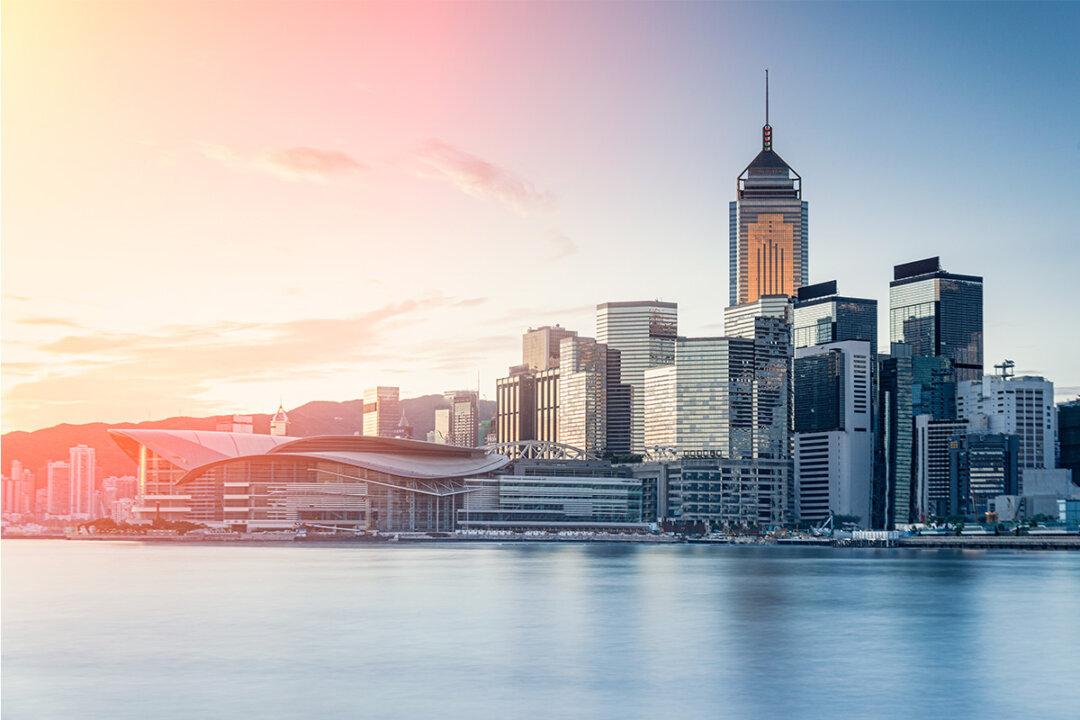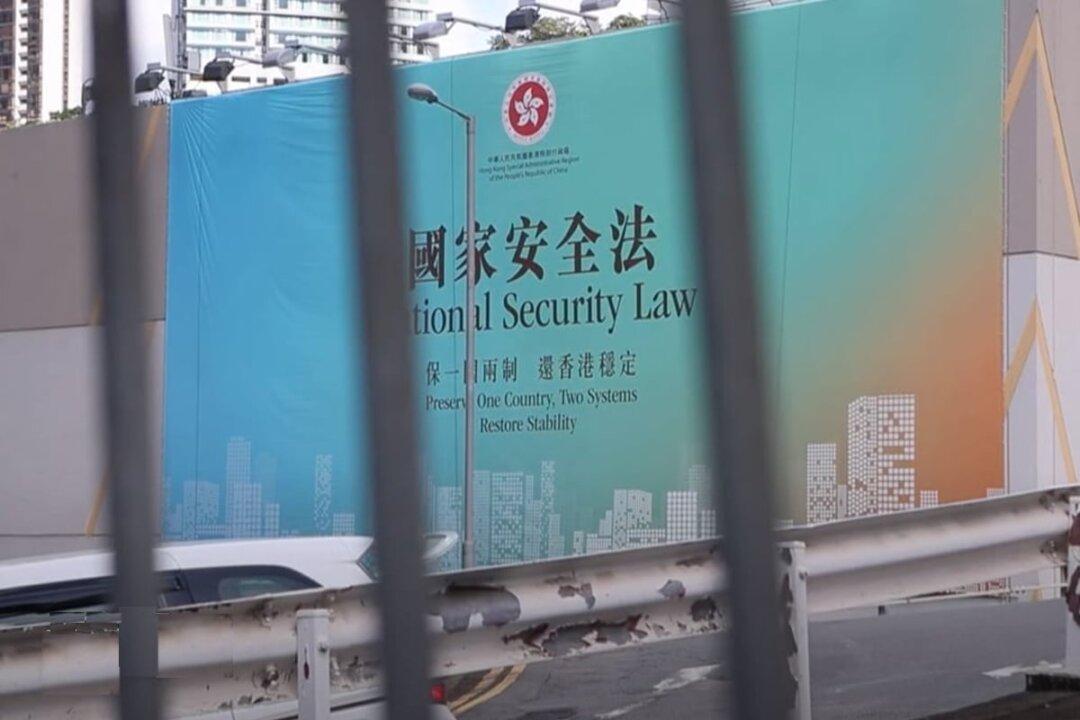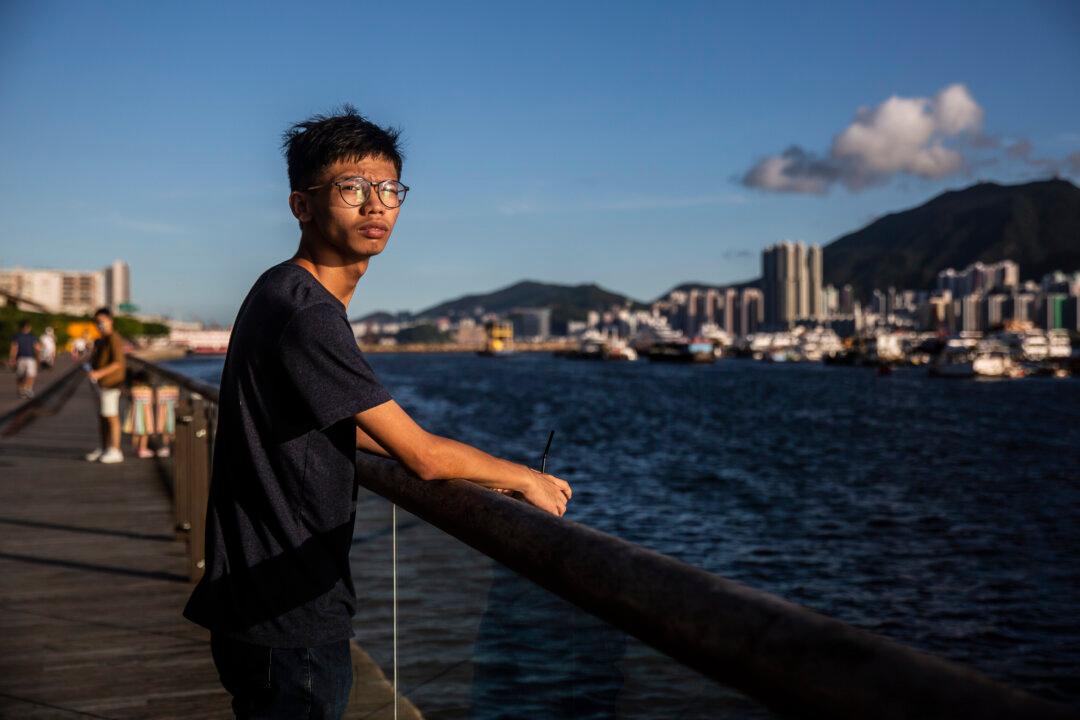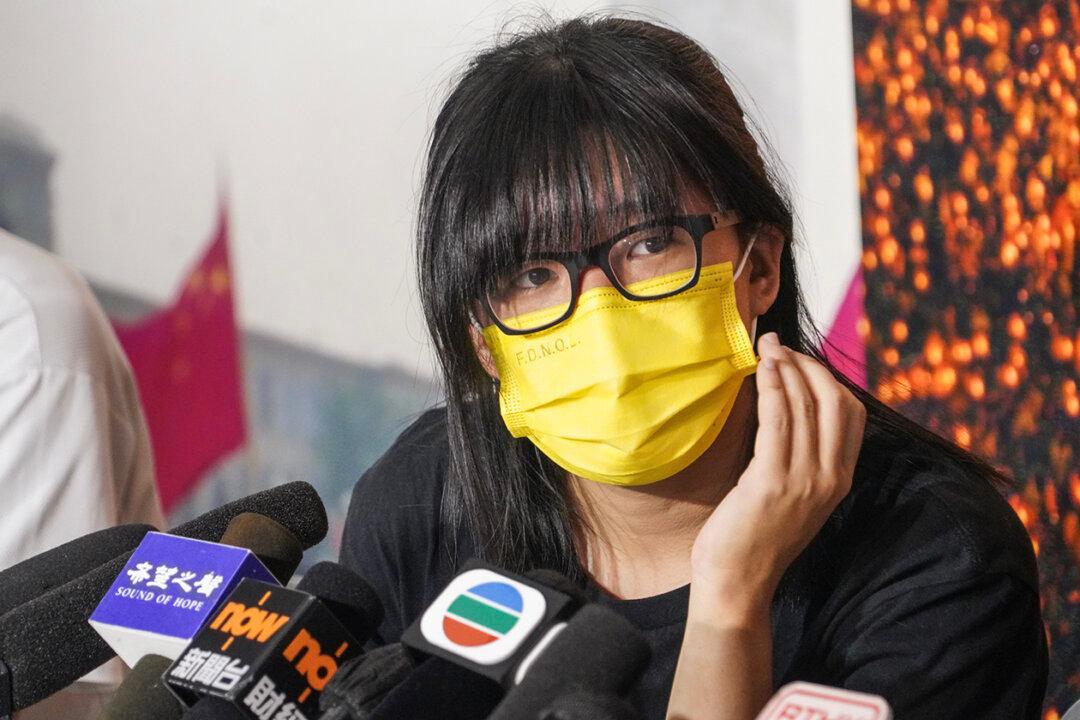The Canadian think tank, the Fraser Institute, has released its latest World Economic Freedom Report. Out of 165 economies, Hong Kong has fallen from the top position for the first time, ranking second. The report states that Hong Kong’s latest score is 8.55, which has fallen by 0.4 points over the past two years, significantly worse than the global average decline. The report attributes Hong Kong’s decline mainly to the harsh new laws imposed by the Chinese Communist Party (CCP), the Hong Kong National Security Law, rather than just pandemic-related policies. It predicts further declines in Hong Kong’s future scores.
The report indicates that the CCP has introduced significant “thresholds,” restricted the employment of foreign labor, and increased the cost of doing business in Hong Kong, leading to a 0.25-point decline in the “regulation” component of Hong Kong’s score. Additionally, increased CCP military intervention in Hong Kong’s rule of law has undermined confidence in the independence and fairness of the Hong Kong judiciary, resulting in a 0.2-point decline in the “legal system and property rights” component.




